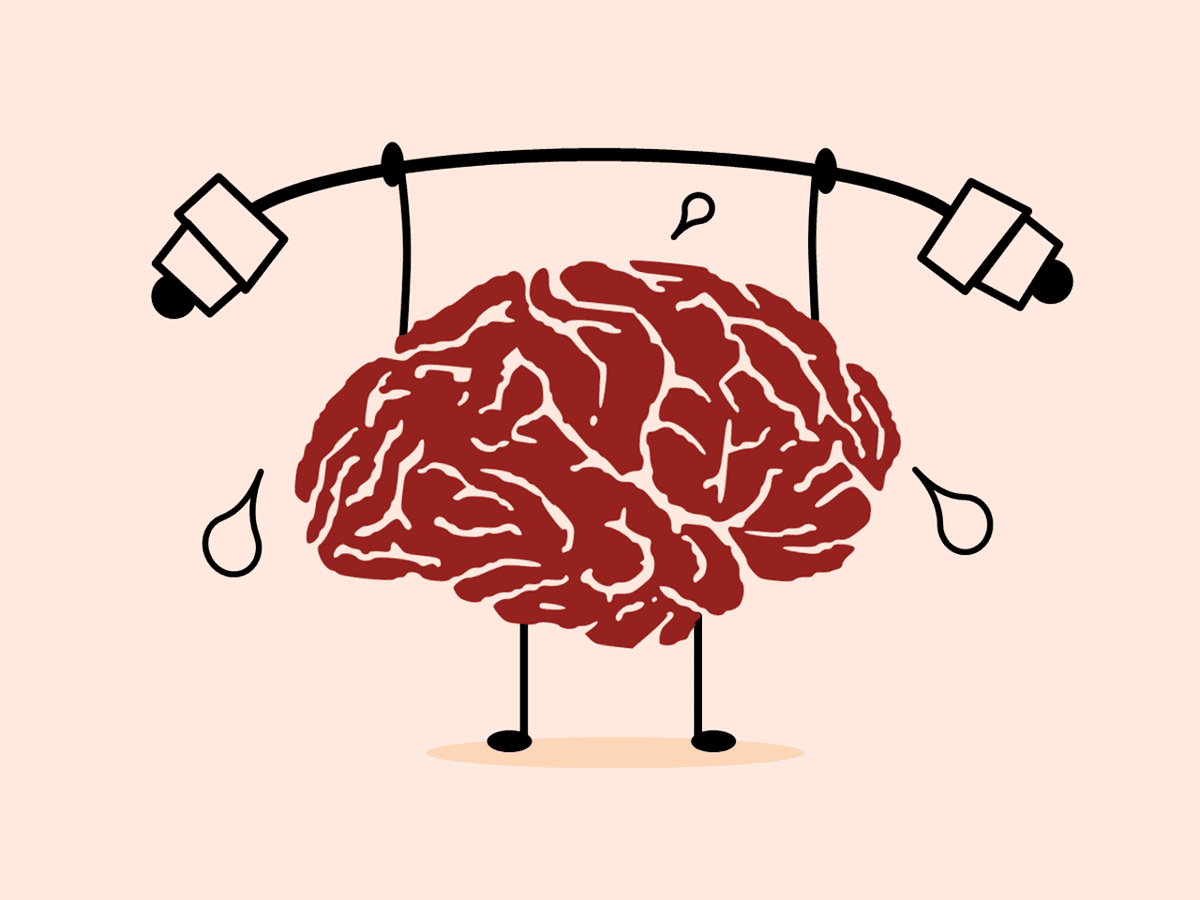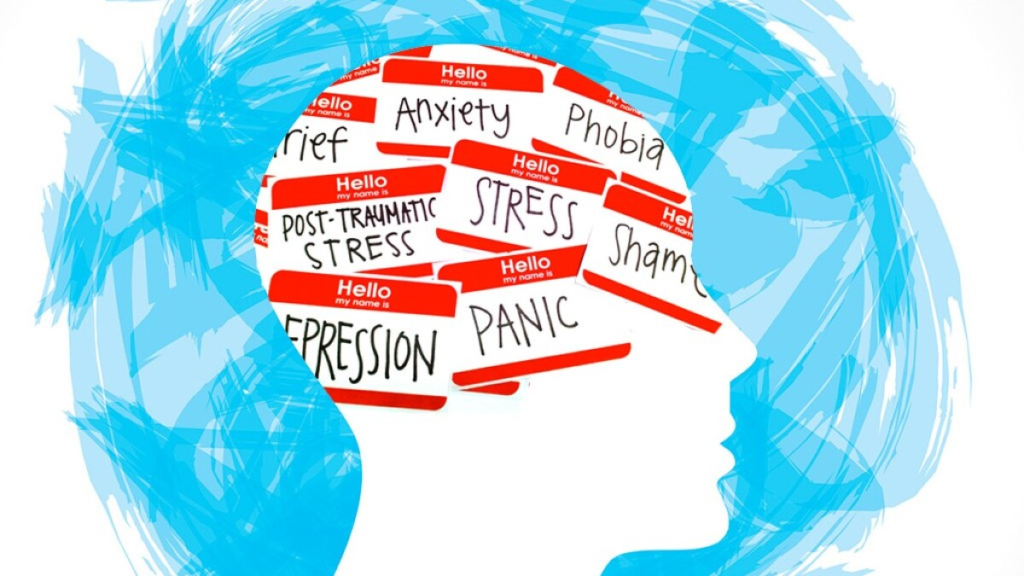Depression, Gender Equality, and the Unseen Struggle
Movember, traditionally known for spotlighting male-centric health issues, transcends its iconic mustache campaign to shed light on a critical and often misunderstood aspect: men’s mental health. In a surprising twist, mental health, a subject typically associated with women, emerges as an overshadowed crisis within the male population, despite alarming statistics. Movember, with its mustaches and more, provides a crucial platform to dismantle misconceptions and address the silent epidemic affecting men worldwide.
The Unseen Struggle: Unveiling the Mental Health Epidemic
While Movember has been successful in raising awareness about physical health challenges specific to men, such as prostate cancer, it also serves as a poignant reminder to look beyond the surface. Mental health, a silent epidemic within the male demographic, often lurks in the shadows, eclipsed by societal stereotypes and misconceptions.
Despite startling statistics pointing to the severity of mental health issues among men, the subject continues to be overlooked. The prevailing narrative erroneously associates mental health predominantly with women, creating a silent crisis that affects the emotional well-being and lives of countless men.
Shifting Perspectives: Dismantling Stereotypes Around Men’s Mental Health
Movember serves as an opportune moment to challenge and dismantle preconceived notions surrounding men and mental health. By moving beyond the physical facade of mustaches, the campaign encourages open conversations and destigmatizes discussions about mental well-being.
Men’s mental health is not confined to a singular mold. It encompasses a complex interplay of emotions, struggles, and coping mechanisms that demand acknowledgment and understanding. The silent epidemic within the male population requires a collective effort to break free from the constraints of societal expectations and redefine the narrative around mental health.
The Call for Action: Beyond the Mustache
Movember’s call for action extends beyond the symbolic mustache-growing gesture. It urges individuals, communities, and institutions to engage in candid discussions, challenge stereotypes, and foster an environment where men feel empowered to seek help without fear of judgment. It is an invitation to rewrite the narrative, recognizing that mental health is a universal concern that knows no gender boundaries.
Empathy, Understanding, and Solidarity
As we navigate the landscape of Movember, let us not only celebrate the mustache’s symbolic significance but also embrace the opportunity to foster empathy, understanding, and solidarity. By dismantling the barriers surrounding men’s mental health, we pave the way for a future where the silent epidemic is acknowledged, discussed, and ultimately addressed.
Movember, with its dual emphasis on physical and mental health, becomes a catalyst for change, challenging outdated perceptions and paving the way for a more compassionate and inclusive approach to well-being. Together, we can break the silence, eliminate stigma, and forge a path towards a world where men’s mental health is prioritized, understood, and supported.

Understanding the Signs: Different Manifestations of Depression in Men and Women
In 2016, Canadian researchers drew attention to concerning figures: in Canada, men seek the assistance of psychologists and psychiatrists less frequently than women, receive half as many diagnoses of depression, yet exhibit four times higher rates of suicide. This pattern is not unique to Canada; the latest study from the National Suicide Observatory in France reported “11,210 suicide deaths, with 75% affecting men.”
One primary factor contributing to this situation is the unfamiliarity with depression in men, which often manifests differently than in women. The initial signs of male depression often involve “irritability, anger, hostile behavior, aggression, substance abuse, and avoidance behavior (e.g., excessive work involvement),” as detailed in a 2011 study published in the Canadian Family Physician. Men may also engage in more risk-taking behaviors, including alcohol and drug use, masking more traditional signs such as sadness, unexplained crying, feelings of guilt, and changes in appetite.
Additionally, men tend not to verbalize their distress in the same manner as women. Rather than expressing sadness or despondency, they often use terms like “stress” or “rough patch.”
Less Diagnoses: Blame it on Gender Stereotypes!

These differences, coupled with fewer men seeking help for mental health issues, lead to severe consequences of underdiagnosis. The explanation lies in gender standards that uphold a specific masculinity characterized by success, providing for the family, self-control, and more. Calls for help are often perceived as signs of weakness and vulnerability, attributes mistakenly associated with women. A 2011 study in Sociology of Health & Illness affirmed the clear connection between men seeking help for depression and societal perceptions of masculinity.
“The ideal is set so high that it is impossible to reach,” scientists denounced in the 2016 study, published in the Canadian Family Physician. This unattainable standard results in a sense of failure—failure to compete with other men and failure to meet the needs of their families.
Taking Action to Change the Trend
Addressing the mental health of men requires a shift in societal and medical perspectives on depression, still considered by many as a “feminine” illness. Several levers can be activated, according to the authors:
- Eliminate Stigma: Remind men that mental health concerns everyone, and anyone can go through a tough period.
- Change Views on Health Services: Seeking help, in any form, should not be seen as a taboo. On the contrary, the initiative should be valued as a “sign of strength, taking control of their situation to bring order to their lives.”
- Adapt Support Structures: Make mental health services more appealing to men, even if these services primarily target women.
- Prevention: Combat loneliness among the elderly, as retired men are seven times more likely to commit suicide than retired women.
These solutions not only save lives but also challenge sexist stereotypes with disastrous consequences for both men and women.
Related Content
- Mental Health and the Healing Power of Ecology
- Black and Asian people find it harder to access NHS mental health services, report finds
- Mental healthcare in England is a national emergency, say hospital bosses
- About Mental Health – CDC
- What is Mental Health? | SAMHSA
- Mental health – Wikipedia
- Mental health – WHO
